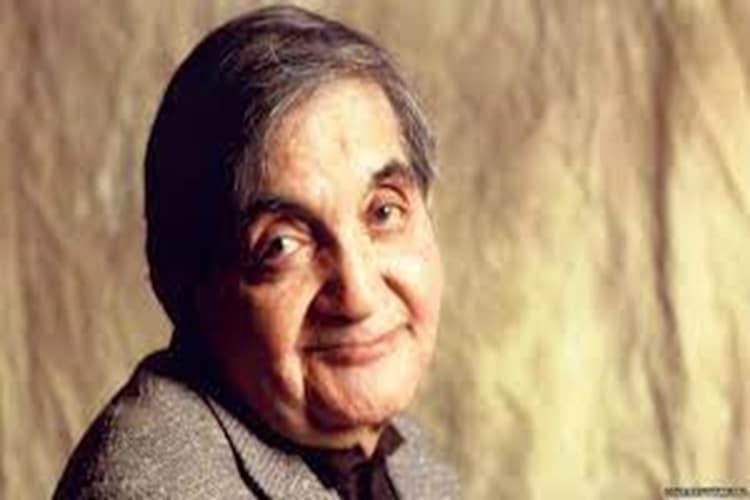Nirmal Verma (3 April 1929 – 25 October 2005) was a Hindi writer, novelist, activist, and translator.
Life and Career
Nirmal Verma was born on 3 April 1929, in Shimla, British India (now in Himachal Pradesh, India). He completed his education at Punjab University in Lahore, now in Pakistan, where he earned his master’s degree in history. Later, he pursued further studies in Philosophy at Delhi University.
Verma embarked on his literary journey in the 1950s. He was a part of the Nai Kahani movement, which aimed to break away from traditional forms of storytelling and bring a modern sensibility to Indian literature. His early works often delved into existential themes and the complexities of human relationships.
He began his career as a translator, translating works of European authors like Anton Chekhov, Franz Kafka, and Boris Pasternak into Hindi. Verma’s writing style was characterized by its introspection, psychological depth, and nuanced portrayal of characters.
Verma’s notable works include novels like “Parinde” (Birds), “Antim Aranya” (The Last Wilderness), and “Ve Din” (Those Days), as well as short story collections such as “Kavve aur Kala Pani” (Crows and Black Waters) and “Raaste Mein Ek Din” (One Day on the Road). His writing often explored themes of alienation, urban life, and the human condition in the modern world.
Award and Legacy
In 1985, Nirmal Verma was honored with the Sahitya Akademi Award, one of the most prestigious literary awards in India, for his outstanding contribution to Hindi literature. This recognition solidified his position as a leading figure in Indian literature and brought wider acclaim to his work.
Nirmal Verma’s literary legacy lies in his profound impact on Hindi literature. He played a crucial role in modernizing Hindi prose and expanding its thematic scope. His exploration of existential themes, psychological depth, and nuanced characterizations continues to inspire contemporary writers.
Verma was a prominent figure in the Nai Kahani (New Story) movement, which sought to revolutionize Indian literature by breaking away from conventional narrative forms. His experimentation with narrative techniques and his portrayal of urban life influenced subsequent generations of writers.
Verma’s contributions extend beyond his writing. He was a prolific translator, introducing Hindi readers to the works of European literary giants like Anton Chekhov and Franz Kafka. Additionally, his editorial roles in various literary journals helped foster new voices and perspectives in Hindi literature.
Nirmal Verma’s works continue to receive critical acclaim for their introspection, social commentary, and literary craftsmanship. His novels and short stories are studied in academic settings and revered by readers for their depth and complexity.

